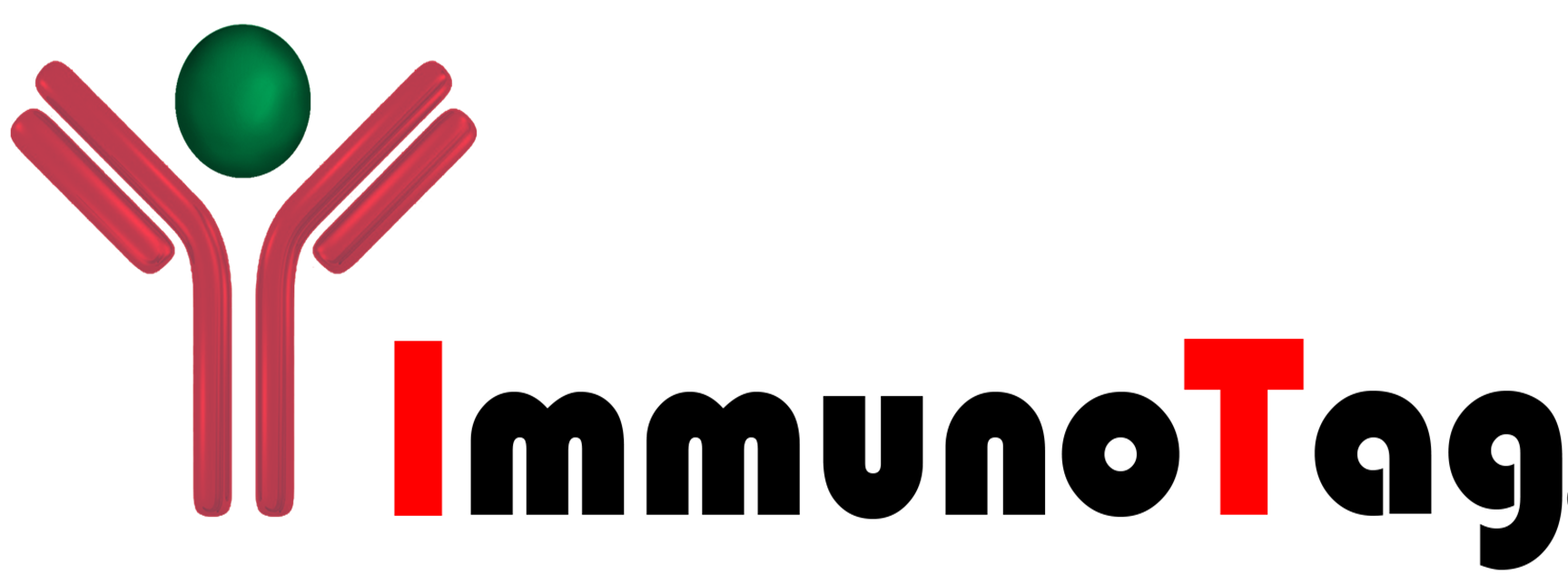IHC Assays
ImmunoTag™ SABC kits are efficient & highly sensitive IHC assays to show the distribution of antigen in tissues and cells.
Immunohistochemistry (IHC) refers to the process of selectively imaging of antigens (e.g. proteins) in cells of a tissue section by exploiting the principle of antibodies binding specifically to antigens in biological tissues. IHC staining is widely used for detecting the abnormal cells such as those found in cancerous tumors.
Streptavidin, a tetrameric bacterial protein isolated from Streptomyces avidinii, has 4 very strong binding sites for biotin. It is similar to egg-white avidin in its affinity for biotin but is used as a replacement for avidin because of its more favorable chemical properties. Unlike avidin which has a net positive charge at neutral pH and contains about 7% carbohydrate, streptavidin has almost no net charge at neutral pH, does not contain carbohydrate, and exhibits lower non-specific background
Streptavidin - Biotin Complex (SABC) incorporates a large glycoprotein called streptavidin that has a very high affinity for a low molecular weight vitamin called biotin. The avidin can be labeled with peroxidase or fluorescein & Biotin can be conjugated to antibodies. The technique methodology consists of using an unlabeled primary antibody, a biotinylated secondary antibody, and a complex of avidin-biotin peroxidase. The peroxidase is then developed by the DAB or other substrates to produce a colored label.
